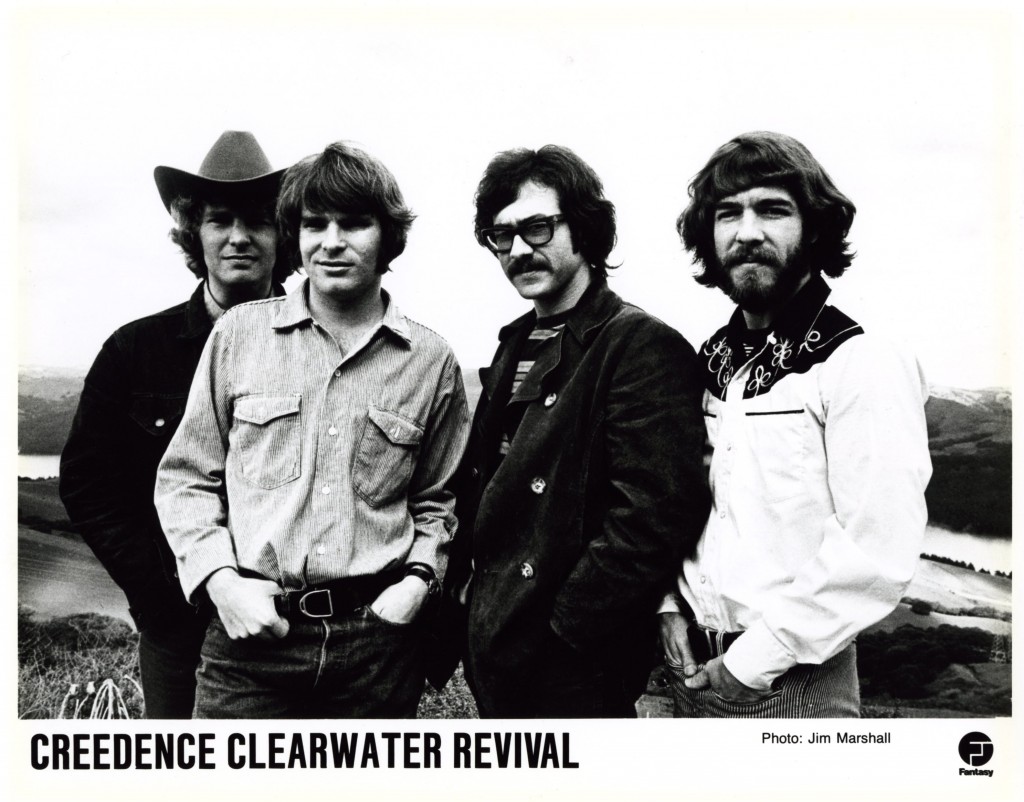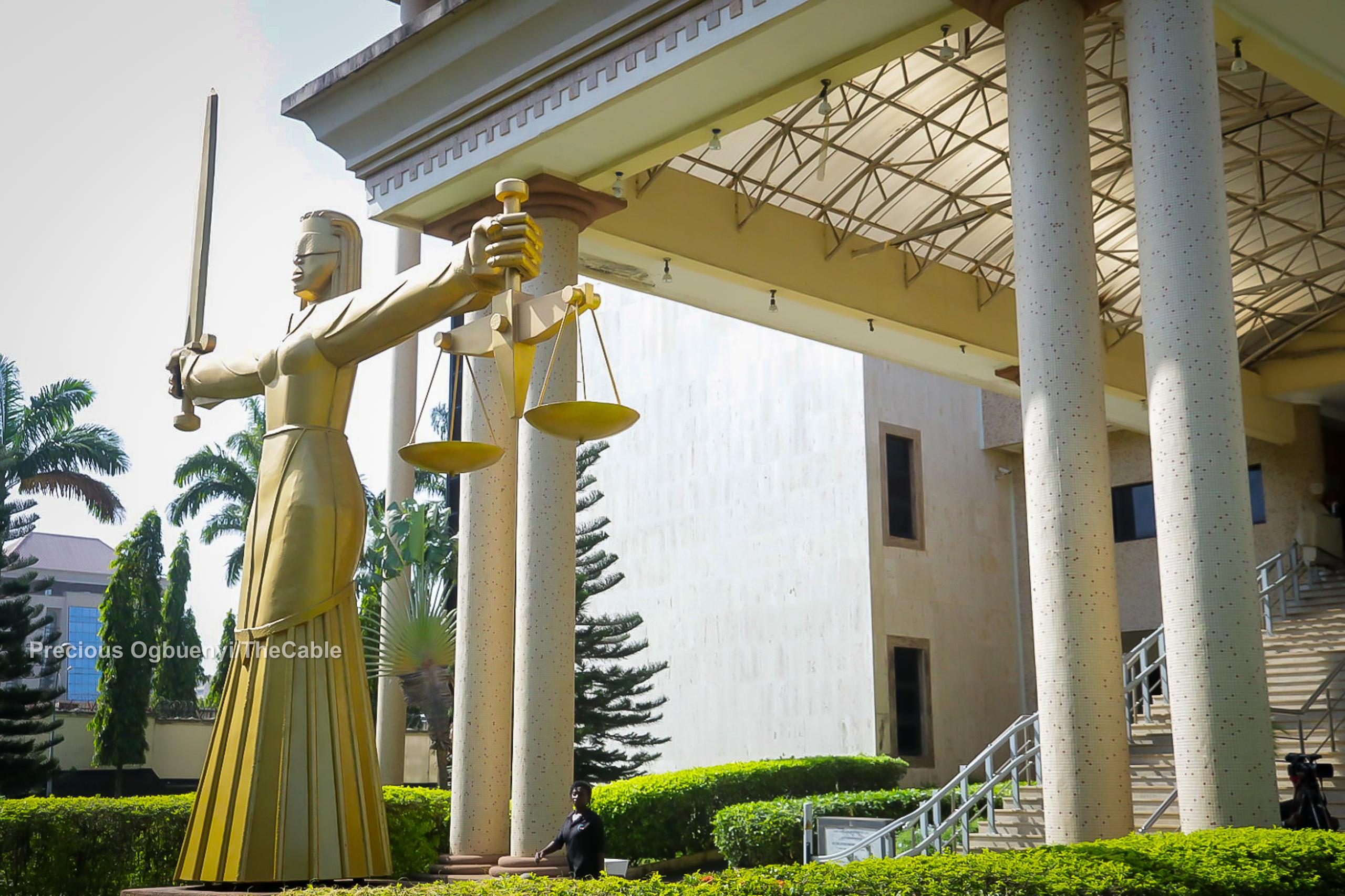An Interview With Creedence Members Stu Cook and Doug Clifford | Best Classic Bands

Stu Cook (on bass) and Doug Clifford (drums) (Photo via Creedence-Revisited.com)
The two less-heralded members of Creedence Clearwater Revival decided to retire in 2019. Since 1995, bassist Stu Cook and drummer Doug Clifford had been performing – legally – as Creedence Clearwater Revisited. In an with Billboard, Cook said, “This just seemed like a good time to wrap it up.”
Cook and Clifford have long been estranged from original CCR leader John Fogerty. Cook, born April 25, 1945, said in the Billboard article that the antagonisms have softened somewhat. “We’re not sniping at each other anymore,” he was quoted as saying about Fogerty. “We’re focused on the good things about Creedence, which is where I think we should be. There were, on my part, several attempts over the years to turn the situation around, but John was never interested. And if John called me, I’d certainly talk to him. I always felt we were cheating ourselves by not at least trying (to reunite).”
Back in 2016, we spoke with Cook and Clifford. That original article follows in its entirety, unedited to reflect the news of their retirement:
***
It’s been more than 50 years since they formed Creedence Clearwater Revival with brothers Tom and John Fogerty, and 25+ years since they first hit the road as , but Doug Clifford and Stu Cook are happy to Keep on Chooglin. They may have reduced their touring schedule to some 50 shows a year – down from more than a hundred when Revisited launched; for Clifford, born April 24, 1945, it means more time to spend with his family, while Cook likes to spend his down time traveling – but they still look forward to going out and performing the music they had a major part in creating.
For both Cook and Clifford, one of the real pleasures of touring is seeing how their audience has expanded. “There are now three generations of Creedence fans,” Cook says. Clifford describes playing to enthusiastic crowds who range from “eight to 80.”
CCR perform “Fortunate Son” at London’s Royal Albert Hall in 1970
Creedence was arguably the most popular American band from 1969 to 1971, with four Top 10 albums and a run of nine singles in the Top 20, but what accounts for their lasting popularity? For Cook, it’s the songs. “They’re just good songs. They tell simple stories in a straightforward way.” In addition, they still “pop” when you hear them on the radio. “I don’t care what you play on either side of them, those records grab your attention; they just jump right out at you.”
Clifford, a more laconic conversationalist, simply describes them as “great rock ‘n’ roll.”
But with a catalog of seven studio albums to choose from, the band’s setlists stick to about 20 songs, including the biggest hits: “Proud Mary,” “Traveling Band,” “Up Around the Bend” and ”Down On The Corner” among them. Classic songs all. It’s not that they don’t love their more obscure tunes (“We save those for sound check,” Cook admits), but years on the road have honed their sense of what works and what doesn’t.
If you’re a new reader, we’d be grateful if you would Like our page and/or bookmark our .
“Our audiences aren’t die-hard Creedence fans who know every song on every record,” Cook explains, “they’re just rock music fans out for a good time.” Clifford says that when the band plays a lesser-known album track, the lack of interest is obvious. A song such as “Effigy” or “Tombstone Shadow” was a cue for “folks to get up, use the bathroom, or get another beer.”
But the songs they do play, Clifford and Cook both say with pride, are played as well as ever. After line-ups that have included other classic rockers such as former Cars guitarist Elliot Easton and Tal Morris from the Sons of Champlin, Creedence Clearwater Revisited has settled into a line-up of vocalist John Tristao – whose mid-60s band, People!, hit the Top 10 in 1968 with “I Love You” – Kurt Griffey and Steve Gunner on guitars, keyboard and backing vocals, with Cook and Clifford supplying the crisp, authoritative bass and drums that powered the original recordings.
At this point in the conversation, the specter of John Fogerty is impossible to avoid. Given that Creedence Clearwater Revisited performed without their famous frontman, how do they respond when fans complain that it can’t be Creedence without Fogerty? Clifford shrugs off the thought. “Maybe when we first started,” he says, “but by now, everyone knows.” Besides, he adds, their name should tip them off. Cook says that no one has come up and said anything to his face.
Creedence Clearwater Revival perform “I Put a Spell on You” at the 1969 Woodstock festival
The Internet, is another thing. “It’s amazing what people will say when they don’t have to use their name.” Clifford notes. But he also shrugs off any criticism. If anyone did come up and ask, he’d tell them “We have as much right to play this music as anyone. Fogerty licensed the name, and he gets paid, so I guess he’s alright with it.”

CCR in 1969 (Photo by Jim Marshall)
There’s no bitterness in Cook’s voice as he talks. It’s very matter of fact: at this point, the only contact he and Clifford have with Fogerty is through their lawyers. Cook and Clifford’s relationship with their former bandmate has always been fraught, to be polite. Since Creedence broke up in 1972, following a rancorous tour and the relatively disappointing sales of Mardi Gras, Fogerty has been in an almost perpetual cold war with his former bandmates. (Tom Fogerty, John’s brother, quit the a band year earlier, and died in 1990.) He has continually dismissed their contributions, accused them of being in cahoots with Saul Zaentz, the founder of Fantasy Records, Creedence’s label (famously mocked in Forgerty’s “Zanz Kant Danz”), sued to stop them from performing his songs and, when Creedence was inducted into the Rock and Roll Hall of Fame in 1993, refused to perform with them.
When asked if he sees any chance at rapprochement, Cook demurs. The problems, as he sees it, go back to when the band first signed to Fantasy. “We had no representation, and got a very bad deal. We weren’t the first band that’s happened to, and we aren’t the last.” He just doesn’t understand the continued bitterness. “He doesn’t seem like a happy guy, does he?” He hasn’t read Fogerty’s memoir, Fortunate Son. “I’ve heard it’s not very good, so why bother,” he says. His wife did read it, “and I could hear her laughing when she did.” That’s all the reviews he needed, he adds.
Since Creedence Clearwater Revisited refuses to play the oldies circuit, they don’t get much of a chance to compare notes with other bands. One exception, they both note, is the Doobie Brothers, another Bay Area outfit that was not embraced by San Francisco’s psychedelic scene. They run into them every now and then, and share a beer and some stories. But don’t think that Clifford and Cook are mired in the past. They both keep an ear out for new sounds. Clifford has been quite taken by Bruno Mars, who he calls “the total package, a real entertainer.” Cook, whose taste range all over the map, admires the Desert Sessions, the Queens of the Stone Age offshoot. “They really know how to build a great groove.”
But it’s the grooves they created with Creedence that take pride of place. Clifford says there’s nothing more satisfying than looking out into the crowd and seeing youngsters – kids whose parents are probably not old enough to remember when the songs were first released – rocking out to “Green River” or “I Heard It Through The Grapevine.” When he sees them, he has faith those songs will last at least another 50 years and beyond.
Our Album Rewind of CCR’s Bayou Country
Creedence Clearwater Revival’s recordings are available in the U.S. and in the U.K. here.
Steven Mirkin is a Los Angeles-based freelance writer. His work has appeared in the New York Rocker, Rolling Stone, Spin, Entertainment Weekly, the New York Times, Los Angeles Times, Village Voice, Billboard, Variety, the Hollywood Reporter, Salon.com, and many others. He contributed to the Rolling Stone Encyclopedia, The Trouser Press Guide to 90s Rock, and the Rolling Stone Jazz and Blues Record Guide. Given the current economy, he is available to write for any outlet that pays on time and whose checks won't bounce.












